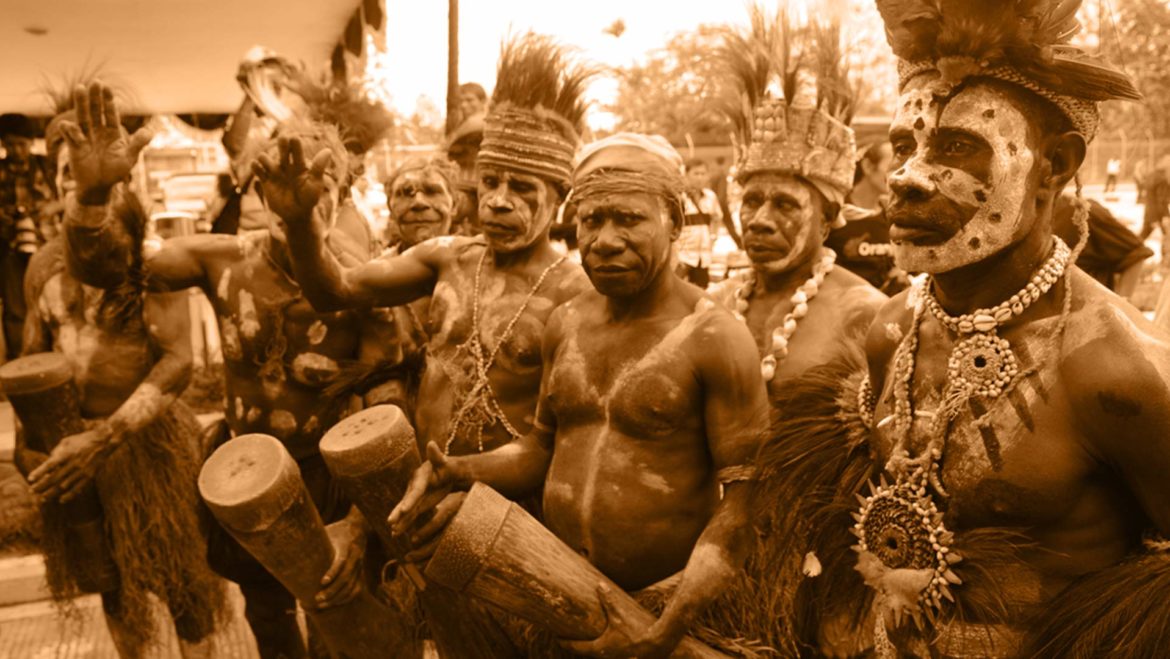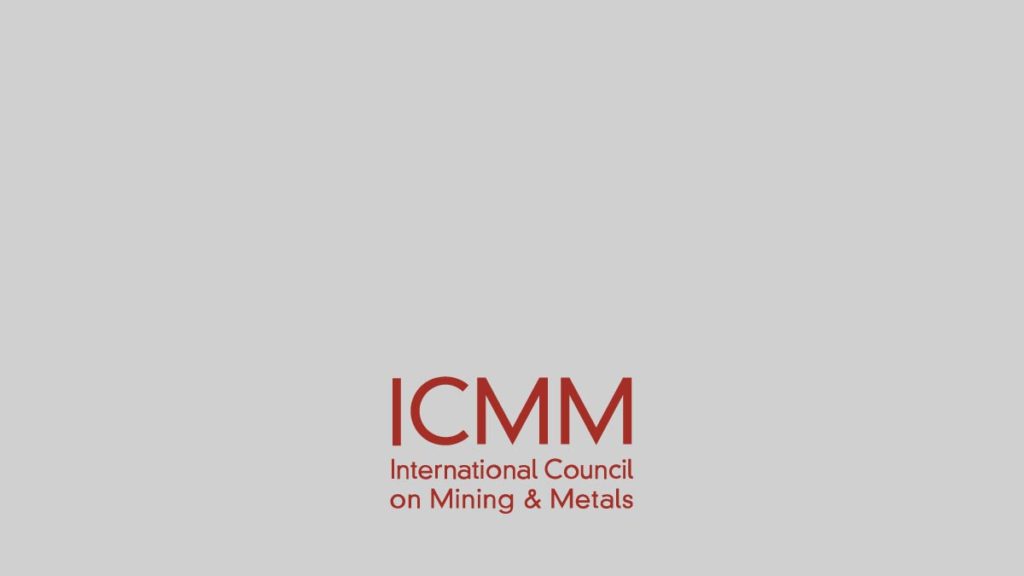
Tool 7 – Baseline Studies
Baseline studies not only provide a snapshot of a point in time, but also identify historical trends and likely trajectories. Baseline studies are usually undertaken at the concept stage as part of an environment and/or social impact assessment and are regularly updated. The findings of a baseline study should be reported back to the community in a language they understand. Ethical and privacy considerations must be taken into account so as not to breach individuals’ privacy or place someone at risk.
Step Guide
STEP
1
Undertake a desktop analysis of existing literature eg from government agencies, NGOs, schools, health posts, local businesses etc
STEP
2
Collect quantitative and qualitative data at both local and regional level on:
- Employment
- Income levels
- Health
- Living conditions
- Customary property rights
- Social structures – roles and responsibilities
- Cultural protocols eg traditional ways of dealing with grievances, conflict and reciprocity
- Governance and decision-making structures
- Environmental and natural resource management strategies
- Knowledge of local foods and medicines
- Knowledge of health and education
- The structure and operation of the local economy
- Intangible cultural heritage eg language, stories, art, music, ceremonies, spirituality etc
STEP
3
Undertake a gap analysis of collected data to identify missing information
STEP
4
Create a set of interview or survey questions to obtain the missing information. The questions can be developed to help verify whether the desktop data actually matches with what is happening on the ground
STEP
5
Undertake interviews, surveys and focus groups with key stakeholders (traditional community leaders from government, schools, health services etc) to gain a greater understanding of the local context including Indigenous Peoples’ social dynamics, resources and needs. Ensure this process is inclusive (p62)
STEP
6
To further support a baseline study, employ anthropologists, social geographers or other specialists to undertake a social mapping study. These identify key groups in the impacted area including Indigenous Peoples; they illustrate how groups are connected, determine who has influence and identify systems of land tenure, inheritance, ownerships etc
Cultural heritage assessments
These ascertain whether any planned work could disturb or destroy tangible and intangible forms of cultural heritage. These assessments are not always legally required but are considered as good practice. The assessments usually involve:
- Undertaking a desktop analysis of existing literature, follow-up surveys and interviews
- Any surveys/interviews carried out should be done so with knowledgeable individuals/organisations from the local area
- Expert advisors such as archaeologists and ethnographers may benefit the assessment
- Where possible, involve both men and women in a survey
- Identify and assess why details are culturally significant to the indigenous community
Community, Economics, Environment, Ethical Business, Management, Rehabilitation
Collaborative Consultation – Experience with a First Nations Independent Technical Review
ICMM members understand how independent reviews and collaboration help develop trust

